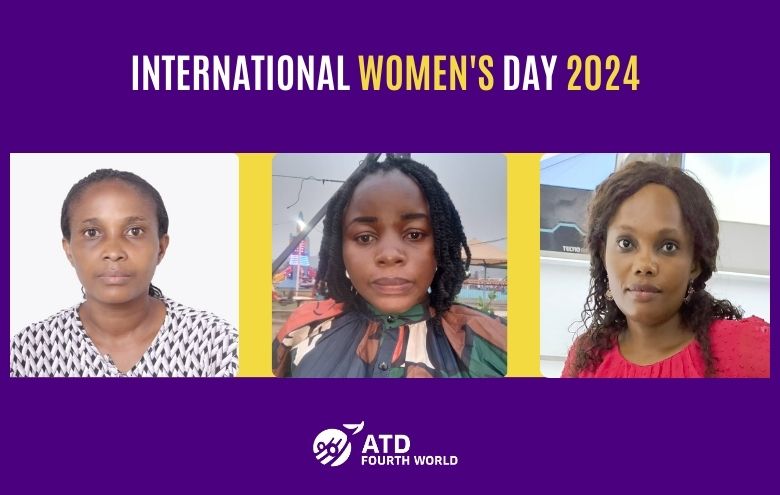Inequality Between Men and Women in Extreme Poverty in Africa

By Pélagie Mukampamira, member of the regional coordinators for Africa team and women’s committee
Inequality between men and women persists on the African continent.
Despite efforts to promote women’s fundamental rights, there remains a gap between theory and practice regarding women’s access to rights.
In almost every aspect of human life, women are openly or implicitly considered inferior to men.
What is gender inequality in Africa?
In researching the Hidden Dimensions of Poverty, the following types of inequality have been identified:
- Inequality in speaking out: In some African countries, especially those predominantly Muslim, women are forbidden from speaking in front of men, especially from contradicting a man’s ideas. Normally, in African culture, men are considered the spokespersons for the family.
- Inequality in land rights: Most widowed women in Africa face legal and cultural challenges related to land. Often, widows are expelled by their in-laws after the death of their spouse.
- Inequality in the right to education: Most girls do not complete primary and secondary education due to cultural constraints and forced or early marriages.
- Lack of access to justice: Justice is almost non-existent for women in poverty, especially those living in rural areas where conflicts are often settled by the village chief.
In short, all these types of inequality — and others not mentioned in this article — constitute obstacles to the efforts that the most marginalised people make to break out of the cycle of poverty.
Women’s committee
In this context, at the regional level for Africa, a women’s committee has been established to address all gender- and poverty-related issues in the region. This committee is composed of three women:
– Olga Tousala: member of the ATD Fourth World Volunteer Corps team in the Central African Republic;
– Anne Marie Faida: intern with the ATD Fourth World team in Burkina Faso;
– Pélagie Mukampamira: member of the ATD Fourth World Volunteer Corps in the team of the regional coordinators for Africa.

